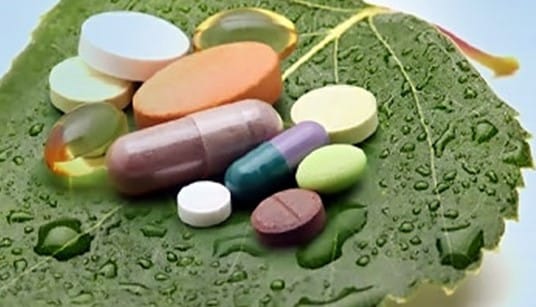Pakistan’s pharmaceutical companies announced on Monday that it had become “completely unsustainable” for them to produce medications and ensure their availability for longer than the next seven days due to an unheard-of rise in production costs brought on by Pakistan’s massive rupee devaluation.
The federal health ministry and the Drug Regulatory Authority of Pakistan (DRAP) have received notices from about ten major pharmaceutical companies today, each stating that if prices are not raised right away, production of medicines will cease after one week.
According to Qazi Mansoor Dilawar, former chairman of the Pakistan Pharmaceutical Manufacturers Association (PPMA), “the cost of production of medicines has increased manifolds due to massive rupee devaluation and increase in the prices of utilities.”.
Dilawar made the following remarks about decisions made at a meeting of pharmaceutical companies on Sunday that was attended by PPMA members from both the South and North Zones: “Due to an increase in the prices of Active Pharmaceutical Ingredients (API) as well as packaging material, it is no longer feasible for pharmaceutical companies to manufacture and sell medicines at the current rates.”. “.
In a letter to DRAP and Federal Health Minister Abdul Qadir Patel that the pharmaceutical industry sent, the companies claimed that “local pharmaceutical industries are heavily dependent on the import of raw materials to ensure uninterrupted availability of medicines in the country.
Unfortunately, the industry has been dealt a fatal blow as API prices, i.e. Since the COVID-19 pandemic’s outbreak, the price of raw materials used to make pharmaceuticals has increased dramatically on the global market. “.
The letter also emphasized that other production-related costs, such as those for fuel, electricity, freight, and packing supplies, had increased at an unprecedented rate during the same period.
The local pharmaceutical industry played a crucial, patient-centric, and responsible role during the COVID-19 pandemic, dengue fever crisis, and public health crises — emanated from massive monsoon rainfalls and unprecedented levels of flooding — by ensuring continuous availability of life-saving medications. The Pakistani rupee has devalued by more than 67 percent against the US dollar since July 2020.
The pharmaceutical industry has repeatedly asked the federal government and DRAP to take appropriate and practical corrective measures, such as allowing inflationary adjustments in the maximum retail prices of medicines, which, if ignored, would inevitably lead to the collapse of the local pharmaceutical industry. “.
According to the letter, the pharmaceutical industry has repeatedly called attention to the fact that blocking the industry’s expansion would have one important consequence: denying patients and the general public access to drugs that are secure, potent, advantageous, productive, and affordable.
Dilawar continued by saying that the failure of the federal government and the DRAP to take any action at all to protect the public and improve the situation has led to the collapse of the pharmaceutical industry because it is unable to guarantee continued production of high-quality, safe, and effective therapeutic products for general use at affordable prices.
“Reasonable prices’ do not only refer to those that are reasonable for the general public but also for pharmaceutical manufacturers to import, distribute, and market medicines,” said Dilawar.
“This is a fundamental right that the Islamic Republic of Pakistan’s 1973 Constitution guarantees to pharmaceutical industry members. ”.
He continued by saying that since July 2022, the Pakistani rupee has lost about 26% of its value against the dollar and about Rs50 since January 2023.
“In addition, the Consumer Price Index increased by 27.6 points in January 2023 compared to the previous year.
“It is predicted that the Pakistani rupee will continue to devalue further, and the CPI will continue to rise due to the unstable economic situation in the nation. “.
“Due to the authorities’ inaction, the pharmaceutical industry’s obligations to maintain the continuous availability of medicines on the local market and to the general public have been nullified. “.






